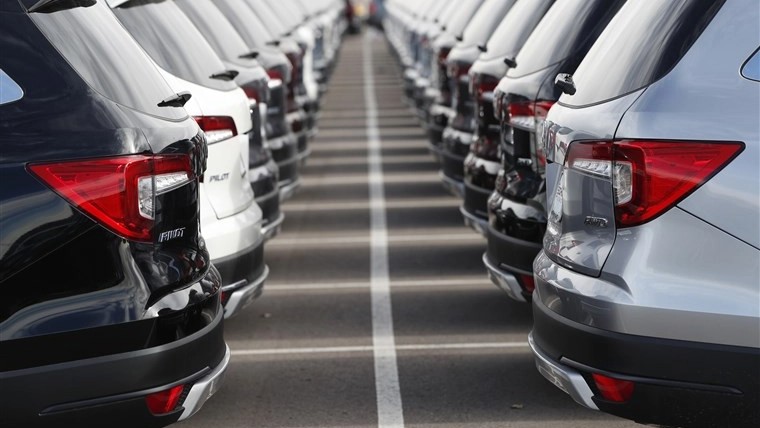New Delhi: The Indian mobility industry is charting its unique course and is poised to double and cross USD 600 billion by the end of the decade – by 2030, according to a joint report released by Google and Boston Consulting Group (BCG) at the ongoing six-day Bharat Mobility Auto Expo.
The report, titled Think Mobility Report, revealed that growth in the mobility sector will be driven by both traditional and emerging revenue pools, marking a departure from global trends.
As electric vehicles (EVs) gain momentum, one in three consumers is considering them for their next purchase, with distinct preferences emerging between electric four-wheelers (E4W) and electric two-wheelers (E2W).
Electric four-wheeler buyers prioritize sophistication, advanced technology, and exclusivity. In contrast, electric two-wheeler consumers focus more on practicality, comfort, and affordability.
Women now influence 52 per cent of decision-making in the EV space, surpassing the 38 per cent for internal combustion engine (ICE) vehicles, the Google-BCG report said.
Emerging revenue pools such as electric, shared, and connected mobility are poised to contribute a staggering USD 100 billion.
The report also highlighted the need for industry players to recognize the unique and rapidly evolving preferences of India’s diverse mobility consumer cohorts.
“Already the third-largest automobile industry, India is on the cusp of transformative change over the next few years. Effectively harnessing global innovations in EVs, digital, and AI is more critical than ever for OEMs. To succeed, they must align their offerings with the distinct demands of Indian consumers,” said Natarajan Sankar, Managing Director and Partner at BCG.
With new ways to drive profits and shifting customer preferences–led by Gen Z and women–digital purchase journeys are outpacing traditional ones, driven by the growing demand for personalization, said Bhaskar Ramesh, Director – Omni-Channel Businesses, Google India.
“From pre-purchase to in-vehicle experiences and after-sales services, we see immense potential for AI to deliver meaningful experiences and create real value for consumers. We’re excited to collaborate with the industry to drive innovation and growth in this space,” added Bhaskar Ramesh.
Vikram Janakiraman, Managing Director and Senior Partner at BCG highlighted the significance of the pace of change in consumer needs.
“Successful players will need to study and frequently adapt their product, solutions and experiences to suit these unique needs; Integrating Digital, Tech and AI will be critical to doing that,” Vikram Janakiraman added.
Self-drive rentals and subscriptions are poised to grow and show potential to become an additional channel to induce trial for final purchase. 85 per cent of users are willing to buy the car they rented. Interestingly, Gen Z is 2.7 times more likely than older generations to opt for self-drive rentals, the report said.
One in four first-time car buyers are considering used cars, signalling a shift in consumer perceptions. Second-hand vehicles are no longer solely about cost savings–one in three consumers are seeking pre-owned cars as lifestyle upgrades.
The Think Mobility report draws from extensive research spanning four-wheeler and two-wheeler segments – including a survey of over 4,500 Indian consumers, one-on-one engagements with leading auto manufacturers and suppliers, and proprietary data analysis.
(Except for the headline, this article has not been edited by FPJ’s editorial team and is auto-generated from an agency feed.)
